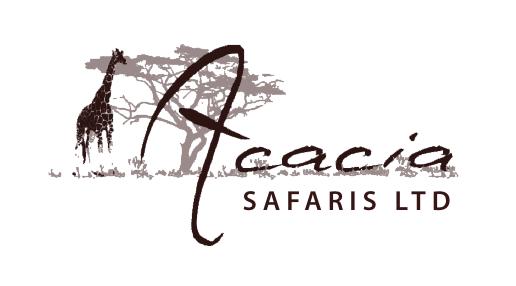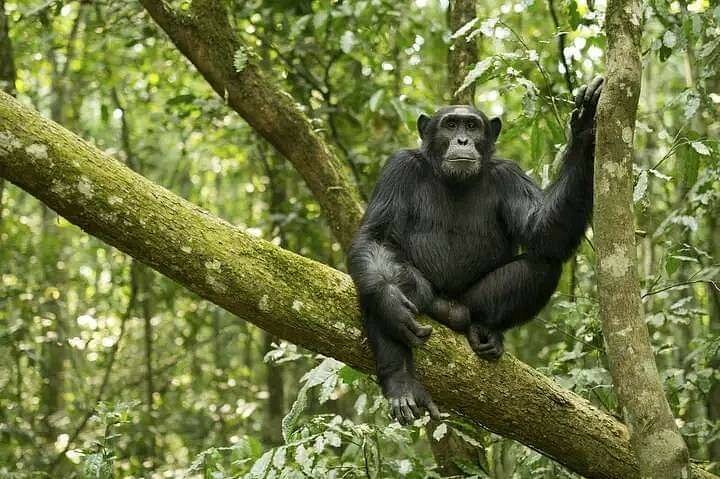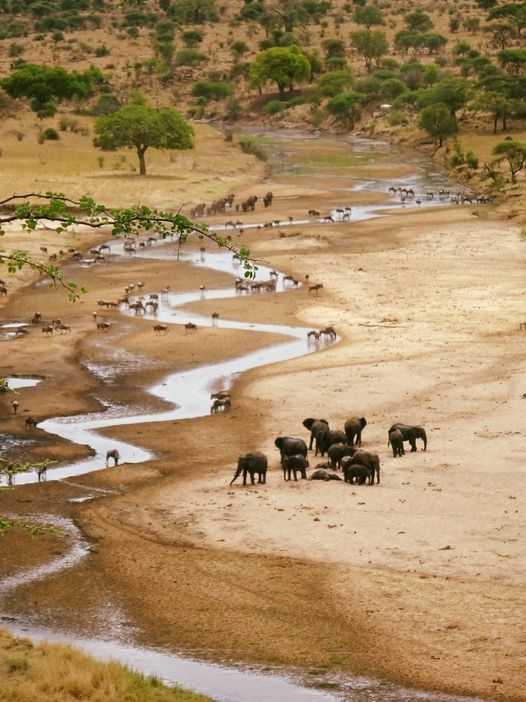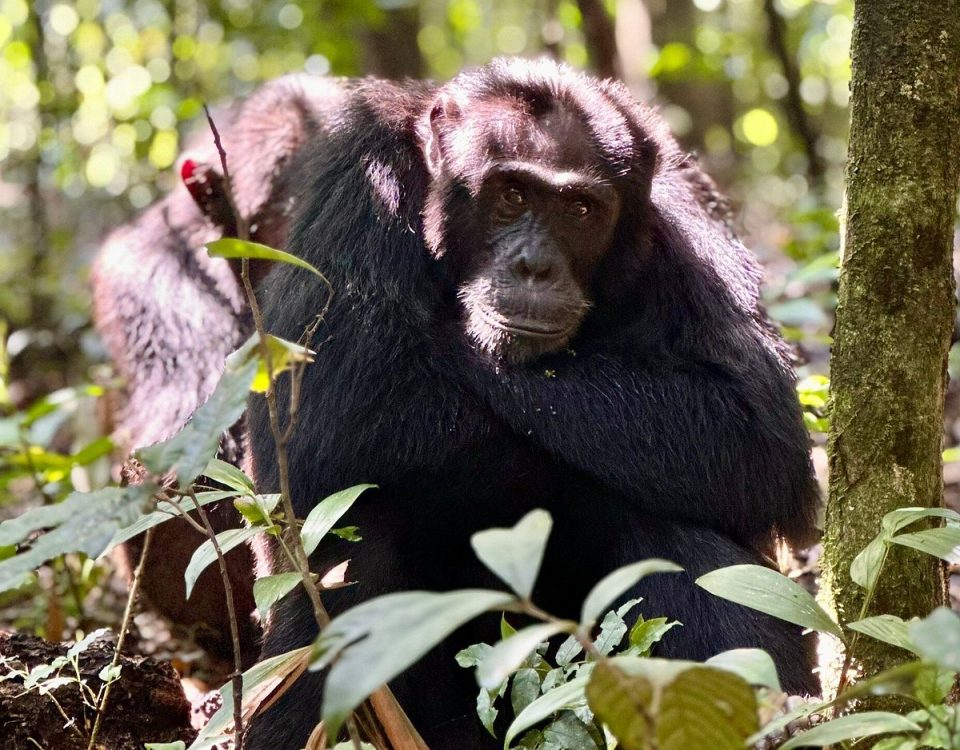- Talk to Acacia Safaris
- Office +(256) 414 253597
- WhatsApp: +256 773 064487
- info@acaciasafari.com

Chimpanzee Habituation Experience in Uganda
August 22, 2023
Family Friendly Safaris in Rwanda
September 15, 2023Chimpanzee trekking in Uganda
Chimpanzee trekking in Uganda
Besides the famous mountain gorilla trekking, Uganda offers other primate tracking adventures and one of the other popular ones is Chimpanzee trekking. Chimpanzee trekking in Uganda is an amazing wildlife experience that allows you to observe these incredible primates in their natural habitat. Chimpanzees are human closest relatives, watching them up close will leave you thrilled. Chimpanzees share up to 97% DNA with humans and while on your Chimpanzee trekking tour in Uganda, you will be able to witness the sense of similarity between these primates and Humans. You will enjoy watching them participate in their daily routine like playing, females grooming their young ones, feeding, among others. Contact Acacia Safaris Limited today and have a successful chimpanzee trekking adventure in Uganda.
Our customized primate tracking packages offer travelers a variety of options, especially for those interested in chimpanzee trekking. These packages allow travelers to track chimpanzees in different locations in Uganda.
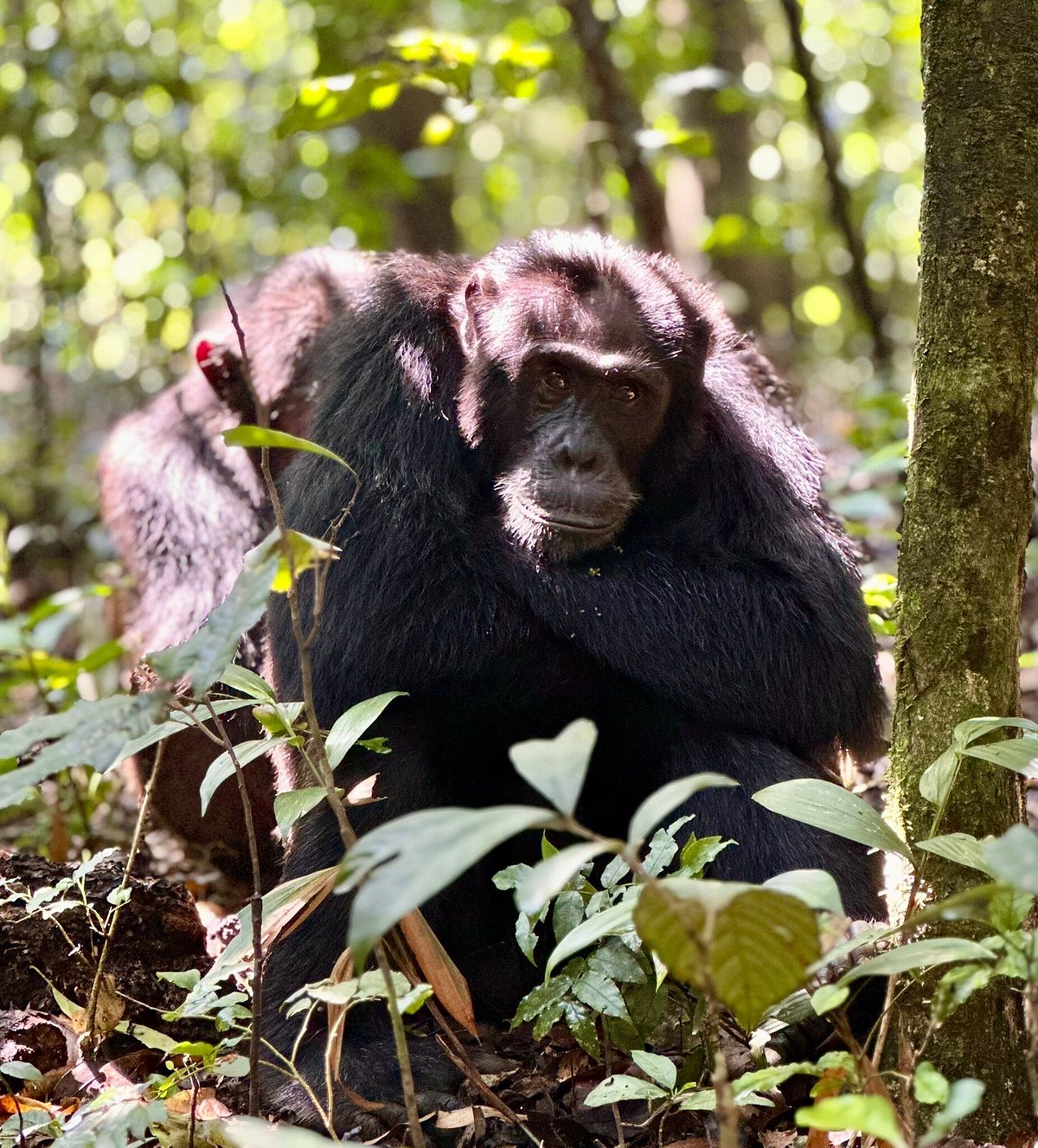
Chimpanzee trekking in Uganda
The most popular location for chimpanzee trekking in Uganda is Kibale National Park. This lush forested park is home to over 1,500 chimpanzees, making it one of the best places in the world to see these fascinating animals up close. The forest is dubbed the primate capital of Africa since it has the highest number of chimpanzees and also habituates other 10 different primate species.
Kibale is located in the western part of the country. Besides chimpanzee trekking, the National Park also offers other experiences like nature walking safaris, and bird-watching tours, among others. The other top Chimpanzee trekking destinations in Uganda include Budongo Forest Reserve, which is part of Murchison Falls National Park, and Kyambura Gorge in Queen Elizabeth National Park.
Chimpanzee trekking permits
To participate in a chimpanzee trekking experience, you will need to obtain a permit. Permits can be obtained through the Uganda Wildlife Authority (UWA) or registered tour operators like Acacia Safaris Limited. It’s recommended to book your permit in advance, especially during peak seasons, as they are limited. Permit prices for chimpanzee trekking in Uganda vary depending on the trekking location and seasons.
The cost for a chimpanzee trekking permit in Uganda is $200 for foreign non-residents, $150 for foreign residents, and UGX 150,000 for East African citizens. However, you can contact us for more details about the permit prices.
Chimpanzee trekking Experience
Chimpanzee trekking tours usually start early in the morning, as this is when the chimpanzees are most active. Our drive guide will make sure you arrive at the park headquarters at least 30 minutes before the designated trekking time to attend a briefing and get prepared for the experience.
During the trek, you’ll be accompanied by experienced guides who will lead you through the forest in search of chimpanzees. The duration and difficulty of the trek can vary, but generally, it involves hiking on forest trails and sometimes off-path to locate the chimpanzees.
Once the chimpanzees are located, you’ll have the opportunity to spend a designated amount of time observing and photographing them. It’s important to remember that, while these animals are habituated to human presence, they are still wild and should be treated with respect. Listen to your guide’s instructions to ensure a safe and respectful interaction.
Make sure to wear comfortable and sturdy trekking shoes, lightweight long pants, and long-sleeved shirts to protect yourself from insects and dense vegetation. It’s also recommended to carry sunscreen, insect repellent, a hat, a rain jacket, and a backpack with bottled water and snacks.
For your safety during the trek, it is advisable to follow your guide’s instructions at all times, especially when it comes to maintaining a safe distance from the chimpanzees. It’s also essential to stay in your group and avoid any sudden movements or loud noises that may startle the animals.
While enjoying the chimpanzee trekking experience, it’s crucial to be aware of the importance of conservation and sustainable tourism. Respect the park’s rules and regulations, maintain a safe distance from the chimpanzees, and avoid leaving any traces behind.
Related posts
Beach holidays in Tanzania, beach safaris in Zanzibar, bird watching in Tanzania, Birding safaris in Tanzania, game viewing in Tanzania, holiday to Tanzania, hot air balloon safaris in Tanzania, luxury Tanzania tours, nature walking safaris in Tanzania, safari in Tanzania, Tanzania adventure, Tanzania adventure safaris, Tanzania family safaris, Tanzania game viewing tours, Tanzania holidays, Tanzania safari Tanzania safaris, Tanzania Tour, Tanzania tour holiday, Tanzania tour Holidays, Tanzania trips, Tanzania vacation, Tanzania wildebeest migration, tanzania wildlife safari, Tanzania Wildlife Safaris, Tanzania wildlife tours, tour in Tanzania, trip to Tanzania, why visit Tanzania, Wildebeest migration safaris in Tanzania, wildlife safaris in Tanzania

